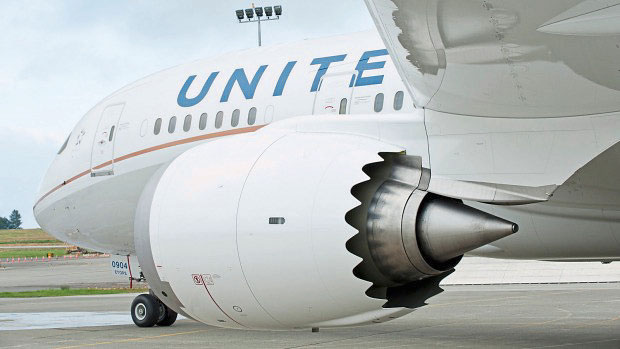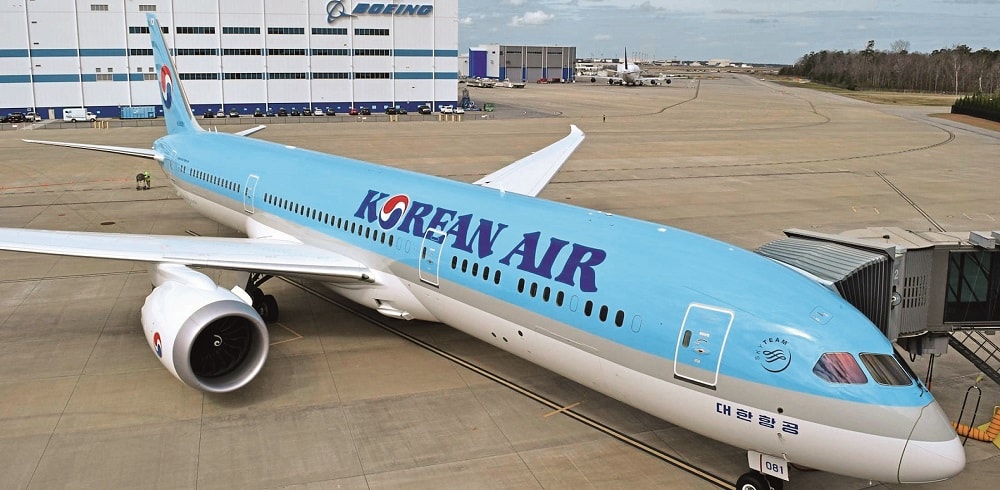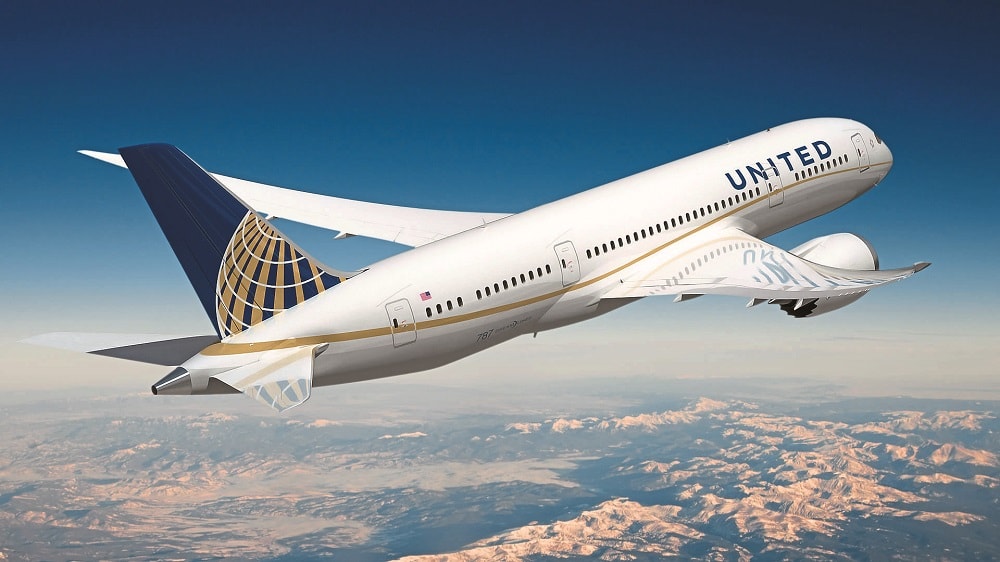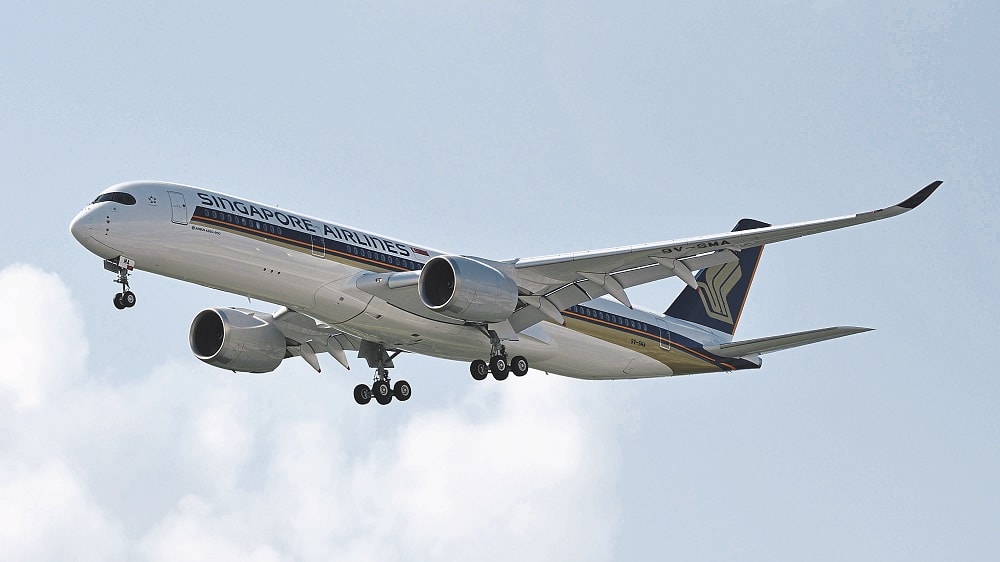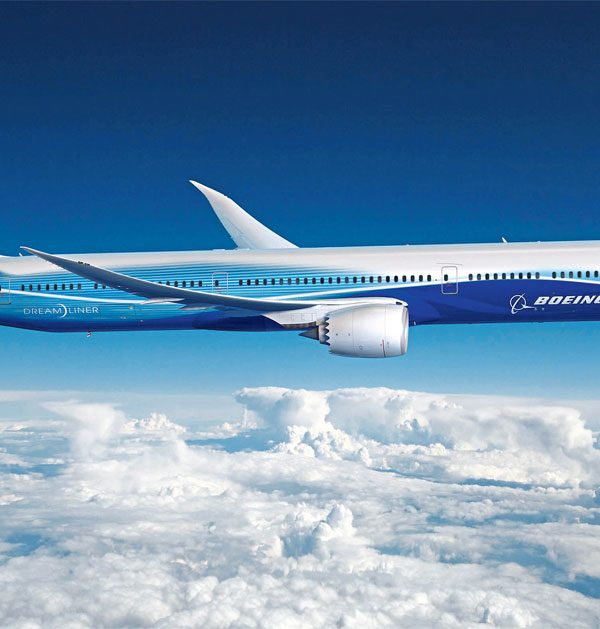The super-efficient Boeing 787 and Airbus a350 have ushered in a new era for commercial flight, making long haul, low-demand routes once deemed impossible altogether common today. Editor Chad Merchant takes a closer look at how one decision and two airplanes changed the industry.
Shortly after the turn of the millennium, Boeing announced its newest airliner, a revolutionary new medium wide body jet that was touted as a game-changer. In January 2003, the program’s first design team was put together, and a few months later, details started being provided to the aviation world. The plane would be called the 787 Dreamliner. The aircraft was special primarily because of the amount of composite materials that went into its air frame construction, but also for its modular assembly. Strategic partners from all over the world – from Japan to Italy to Australia to England – combined with North American companies to produce and sub-assemble various components, or modules, for the 787, with Boeing carrying out the final assembly at its plant in Everett, Washington.
Like many large-scale manufacturing programs, the 787 program suffered a number of setbacks and delays, none more public and more disastrous than the overheating lithium-ion batteries used in the plane’s electrical systems, which ultimately led to the worldwide grounding of all 787s for nearly four months in early 2013. Following a series of tests and revisions to the battery hardware system, along with the introduction of other protections, the 787 was allowed to return to flight.
For the 787, it seems those turbulent times are well behind it. After lengthy delays and cost overruns, it’s clear that the Dreamliner has lived up to expectations and fulfilled its promises. Its main competitor is the A350 from Airbus, which also offers next-gen construction (50-55% composites) and like the 787, boasts significantly reduced operating and maintenance costs. These aircraft truly are game changers in the world of commercial aviation – for airlines and for passengers. But what really catalysed these planes’ ability to transform the industry boils down to two things: the decision to change the law to allow twin-engine airplanes to fly over oceans and the shift to composite materials for air frame construction.
Efficiency and opportunity
The relatively lightweight composite materials extensively used in the 787 and A350 – carbon fibre and titanium in addition to traditional aluminium – deliver the biggest change. It’s not even immediately visible when looking at these jets, but what they are largely built with opened up a whole new world for airlines. To understand this, we first have to look at the decision that even made planes like the 787 and A350 a possibility.
As recently as the early 1980s, the US Federal Aviation Administration would not permit twin-engine airplanes to fly anywhere that was more than 60 minutes from a possible diversion airport, just in case one engine failed. This of course restricted twin-engine planes from flying over oceans and gave rise to a handful of three-engine jetliners like the DC-10 and the L-1011, which were developed specifically because of this rule. Since airlines had to fly more inefficient three- and four-engine airplanes to connect cities separated by oceans, only major city pairs had sufficient demand to enable these routes – think New York to London. If you wanted a route like, say, Atlanta to Lisbon, or Seattle to Beijing, you were simply out of luck.
So what changed?
The reliability of turbofans (the engines used on modern passenger jets) was the single greatest technological factor. The 60-minute rule was a holdover from the days of far less-reliable piston-driven engines, and the rules simply didn’t reflect the greater reliability of jet engines. Finally, in 1985 – and perhaps somewhat reservedly – the FAA granted permission to US carrier TWA to fly its twin-engine Boeing 767 direct from Boston to Paris, a route which took the plane nearly 120 minutes from the nearest diversion airport.
This was a landmark moment in commercial aviation, and heralded a new FAA certification called ETOPS, or Extended-range Twin-engine Operational Performance Standards On top of the inherent reliability of the two jet engines, this certification also adds a number of requirements related to system redundancies, fire suppression, and communications systems. The aforementioned 767 now carries an ETOPS rating of 180 minutes, meaning it can be up to three hours away from a diversion airport. This puts nearly all of the world in play, excepting areas of the Southern Ocean, a small patch of open water over the South Pacific, and of course Antarctica. The ETOPS certification process also extends to the airline itself, as there are certain maintenance, staff, and passenger plan standards that must all be met.
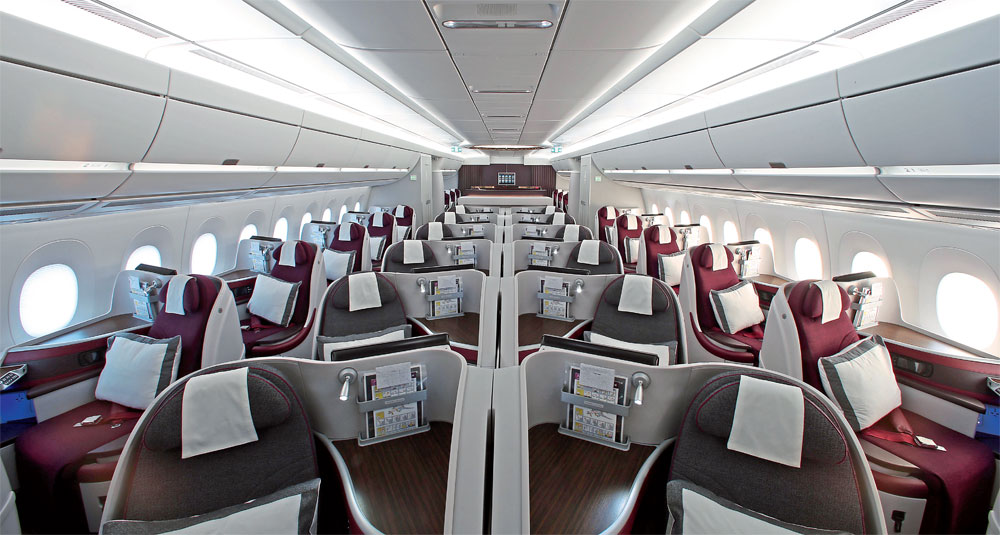
So with ETOPS in force, airlines are able to fly twin-engine jets over big oceans. And the ratings for today’s newest passenger planes are mind boggling. The 787 Dreamliner received a whopping ETOPS rating of 330 minutes – that’s giving it five and a half hours of flight time to a diversion airport, which, apart from flying over Antarctica, puts virtually the entire planet in its approved flying range.
So while a route from Melbourne, Australia to Santiago, Chile would have only been impossible in the recent past – either for certification reasons (no twin-engine plane could have legally flown this route) or for economic reasons (demand isn’t high enough to fill a huge four-engine plane) – not only is it possible with the 787 today, this route is actually flown by Chile’s Latam Airlines. All over the world, new lower-demand city pairs like this are seeing new routes connecting them. It’s more efficient for airlines to fly in this point-to-point manner (rather than use the less-efficient hub-and-spoke system), and it’s far more time-saving for passengers, too.
This is all possible because the composite materials used in the 787 allow it to be simultaneously lighter and stronger. This in turn allows it fly much further and more efficiently, the very definition of a win-win for airlines. As the pioneering aircraft built primarily with composites, the Dreamliner was designed from the start to be 20% more efficient than the 767.
So the combination of a simple rule change in the 1980s and the lightweight efficiency of the 787 have opened up all sorts of direct-connect city pairs. And the Airbus A350 oneups even the Dreamliner: its ETOPS certification is an astonishing 370 minutes, meaning it can legally fly up to six hours and 10 minutes away from the nearest diversion airport. These two planes have made routes that were previously impossible – either financially or logistically – very attractive and now, a growing range of smaller city pairs are available for direct flights worldwide.
So for the airlines, the 787 has absolutely delivered on its promise of outstanding fuel efficiency and operational flexibility. So how was this remarkable aircraft a game-changer for passengers? Apart from being able to fly directly – and generally at a lower cost – to cities that before would have required one or more stops, the benefits these aircraft offer to passengers have been somewhat reduced by none other than the airlines themselves.
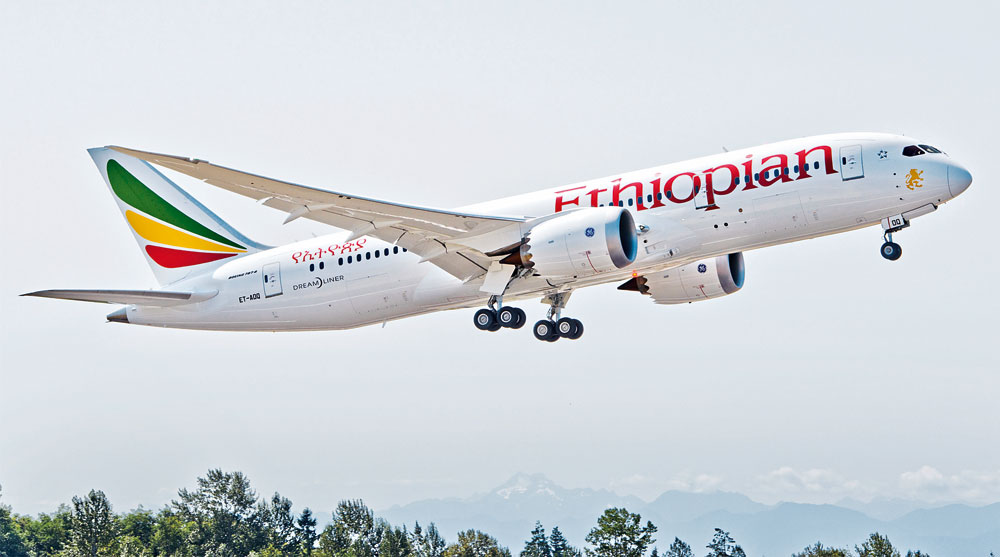
Comfort and convenience
Unlike many commercial jets, including its predecessors, the 787 Dreamliner was conceived, designed, and built with passenger comfort firmly in mind. Once again, the primary catalyst for change was the aircraft’s composite materials. This construction allows the cabin to be pressurised to a lower equivalent altitude during flight, and also allows a higher humidity, which makes a noticeable difference over an hours-long journey.
Passengers report feeling less fatigued and ‘dried out’ after long flights aboard the Dreamliner. Similarly, the Airbus A350 utilises composites and delivers corresponding improvements in cabin humidity and pressure. Air filtration is better, too, able to not only scrub harmful pathogens out of the recirculated air, but even able to trap volatile organic compounds, which contribute to headaches and nausea among some passengers.
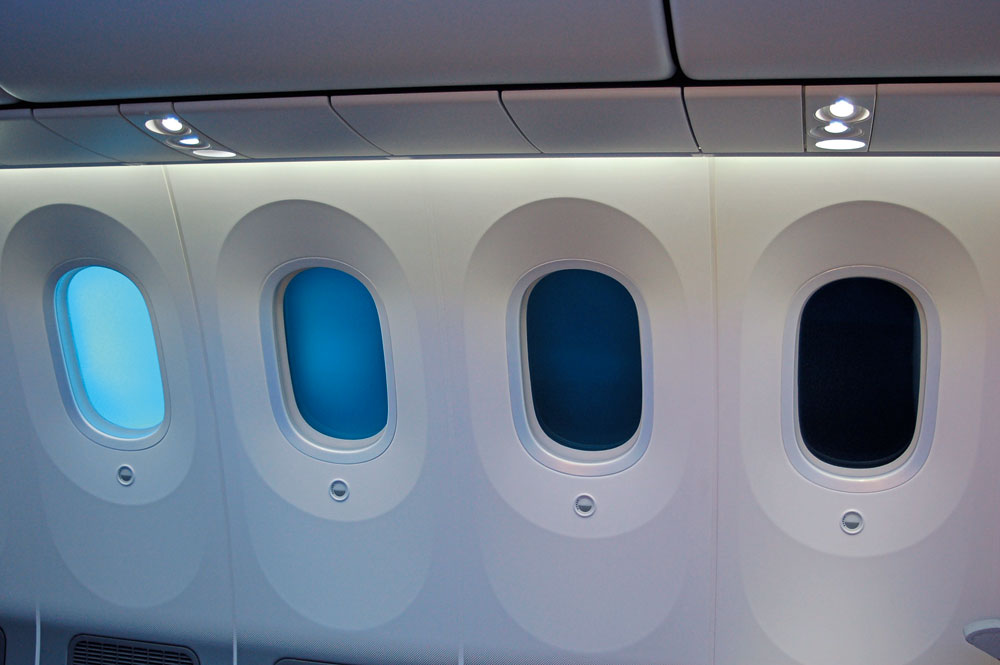
Special computerised coloured LEDs provide the cabin lighting and are used to simulate daylight, dawn, dusk, and other lighting schemes to help passengers cope with hopping across several time zones. Additionally, the windows on the 787 are some 65% larger than usual and can be dimmed – though not totally blacked out – using electrochromic technology. Also lending a hand to passenger comfort, noise levels from the engines are dramatically reduced by the unique design of the nacelles. (The serrated trailing edge of the nacelles also makes the 787 an easy aircraft for plane spotters to identify.) Meanwhile, on the Airbus side, many passengers have reported that the A350 is so quiet in flight, they no longer need ear plugs to sleep or noise-cancelling headphones to watch a movie.
Though manufacturers can make planes that deliver a less dry and more altitude-friendly cabin, deciding how to arrange the seats – and how many of them to put in the cabin – is ultimately the decision of the airlines. So while the 787 was designed with passenger comfort in mind, it didn’t take airlines long at all to compromise that comfort, at least for most of their passengers. Boeing initially envisioned the 787 with eight-abreast seating in economy class, but you’ll have to look long and hard today to find this plane in that configuration.
Most airlines quickly moved to a nine-abreast seating arrangement in economy, generally resulting in seats that are about 17” wide (or less), with a pitch of 31-32” – and many times, the space under the seat is impeded by the in-flight entertainment electronics box. If you are not eager to sit in a seat like this for upwards of 10 hours, you’re not alone: many regular international travellers are flatly refusing to fly the 787 in long-haul economy class.
From the perspective of many passengers, the airlines badly missed a golden opportunity to deliver a better experience to their customers with the super-efficient 787. Boeing’s only competition, meanwhile, responded to complaints about seat width by redesigning its A350 while it was still on the drawing board to boast a 18.4-foot (5.61m) cabin width, compared with 18.0 feet (5.49m) for the 787.
It seems those five extra inches of cabin width for the Airbus A350 work in its favour: it’s enough width to allow a bit more room for nine-abreast passengers, but not enough for the airlines to add another seat to the row. For the time being, however, the Dreamliner has been purchased and deployed by far more airlines than its Airbus rival.
Ultimately, passengers will fly these planes and decide what is and what is not acceptable, but it seems that while aircraft manufacturers are making efforts to deliver efficient aircraft that promise increased levels of passenger comfort, many airlines are determined to counter that in their competitive pursuit of lower fares, which provably draw more customers, which of course results in higher profit margins.
A version of this article was published in Aeropolis (June/July 2017) which is available in print or online via a free subscription.

